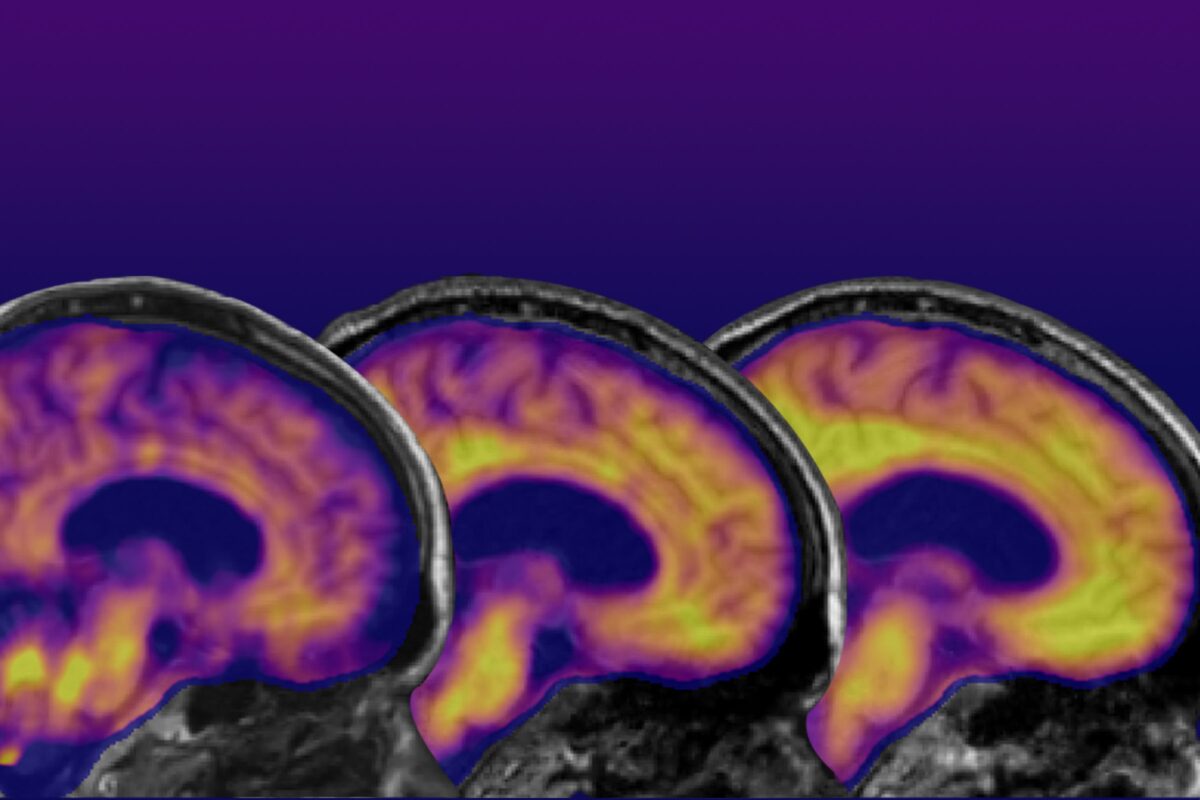
Former Emerson Electric Co. CEO Charles “Chuck” Knight and his wife, Joanne, made their first gift for Alzheimer’s disease research at the School of Medicine in 1997. Over the years, substantial support from the Knight family has helped propel WashU Medicine to the forefront of efforts to understand, detect, treat and ultimately prevent Alzheimer’s.
Among the most lauded in the world, Alzheimer’s investigators at WashU Medicine have identified genetic mutations and molecular biomarkers associated with the disease, developed novel imaging techniques to reveal brain damage, and created a highly accurate blood test for early diagnosis.
The university’s Charles F. and Joanne Knight Alzheimer Disease Research Center (ADRC) serves as the nexus for this work. The center has been funded by the National Institute on Aging since 1985. Knight family gifts made before and after Chuck’s death in 2017 have enhanced the center’s capacity to coordinate a robust slate of research, training and outreach.
“This philanthropy allows us to dream big and say yes to ideas that fall outside the realm of traditional funding mechanisms,” said John C. Morris, MD, the Harvey A. and Dorismae Hacker Friedman Distinguished Professor of Neurology, who directed the ADRC from 1998 until this year and now serves as associate director. “These ideas are often the ones that point us in important new directions.”
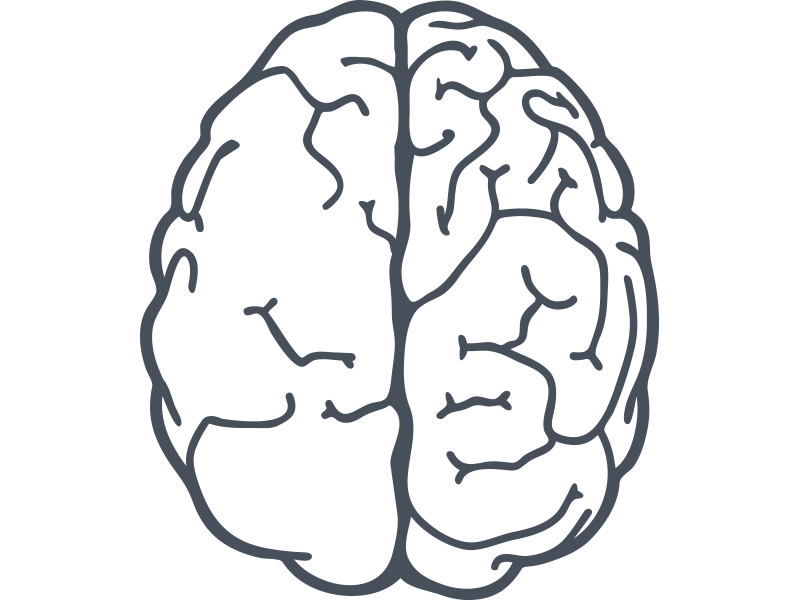
Charles & Joanne Knight & the Knight family
About $20 million to establish a distinguished professorship in neurology and support the Charles F. and Joanne Knight Alzheimer Disease Research Center
$11.5 million pledge to help launch an Alzheimer’s prevention trial
A recent pledge from the Knights will provide up to $11.5 million for a first-of-its-kind study. The Primary Prevention Clinical Trial conducted by the Knight Family Dominantly Inherited Alzheimer Network Trials Unit (DIAN-TU) will evaluate whether an experimental drug can stop brain changes before they lead to cognitive decline in young people with an inherited form of the disease.
“It’s unusual for private individuals to play a key role in a major clinical research effort,” said Randall J. Bateman, MD, director of the Knight Family DIAN-TU and the Charles F. and Joanne Knight Distinguished Professor of Neurology. “But it’s fitting they are part of this potentially world-changing trial since they have been seeding the success of Alzheimer’s research at the university for years.”
“This philanthropy allows us to dream big and say yes to ideas that fall outside the realm of traditional funding mechanisms.”
— John C. Morris, MD
Published in the Winter 2023-24 issue





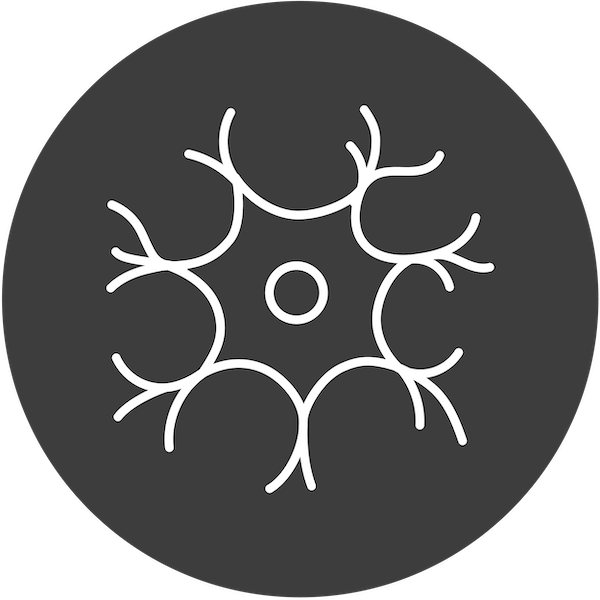
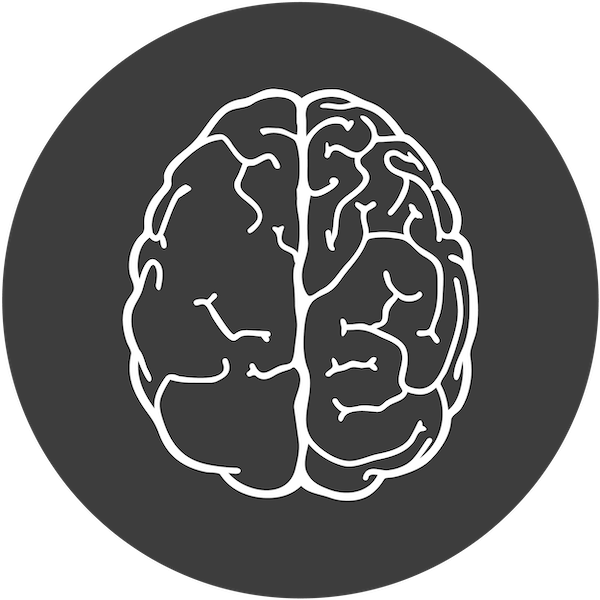
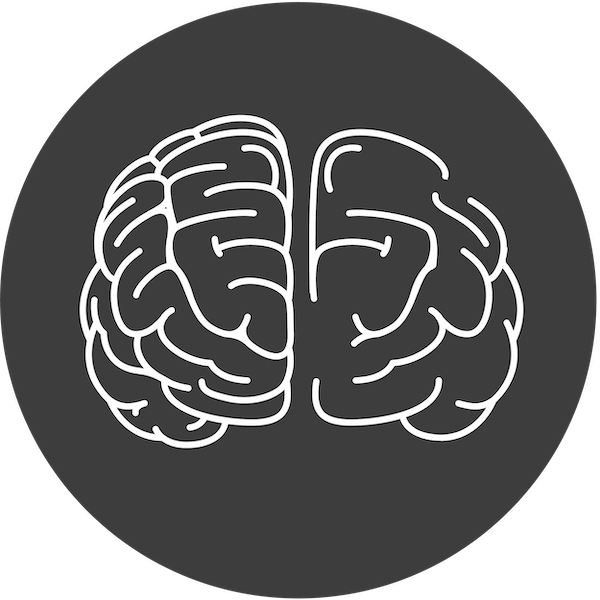
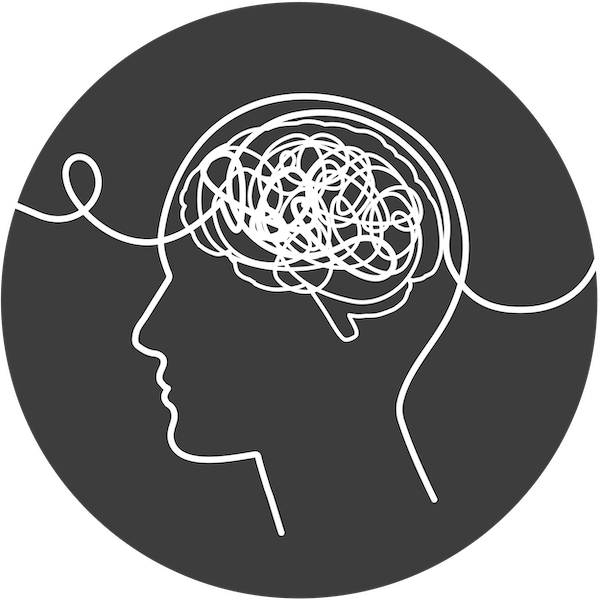
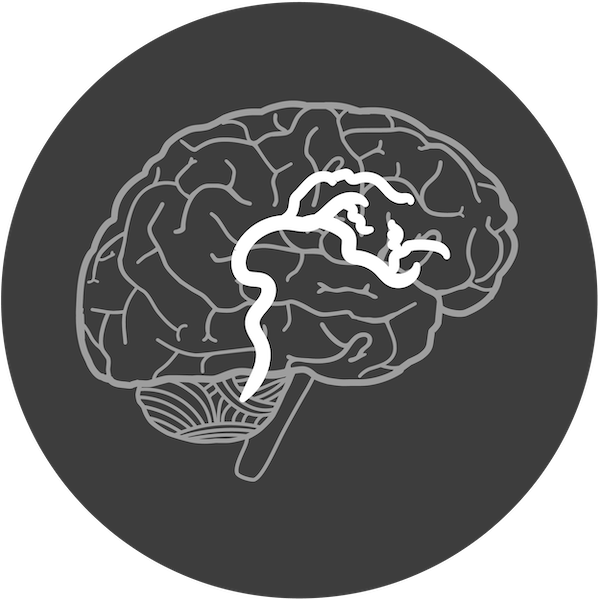
 Share
Share Tweet
Tweet Email
Email